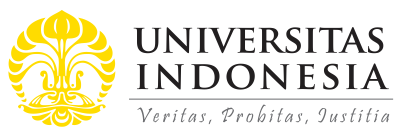Abstract
This research investigates whether Chinese cross-border investments have positive impact on shareholders wealth and whether the amount of bidders’ free cash flow influences the shareholder returns resulted from the acquisitions. The sample is based on 77 top Chinese cross-border investments during the years 2005-2009 with each deal value of minimum US$100 million. The assessments of acquisition abnormal returns are based on the event study methodology (Brown & Warner, 1985). Cross-sectional regression analysis is used to determine the bidding firms factors which significantly affect the returns. Factors are examined using OLS with White’s heteroscedasticity-corrected standard errors, since the assumption of homoscedasticity is likely to be violated. The study proves Chinese cross- border acquisitions result in positive abnormal returns which is consistent with synergy hypothesis. The amount of bidders’ free cash flow is also found to be marginally but positively associated with shareholders return which is consistent with Myers and Majluf’s pecking order hypothesis but unsupportive of Jensen’s free cash flow hypothesis.
Recommended Citation
Chandera, Yane and Atmaja, Lukas Setia
(2014)
"Cross-Border Mergers and Acquisitions in China: A Test of the Free Cash Flow Hypothesis,"
Indonesian Capital Market Review: Vol. 6:
No.
2, Article 3.
DOI: 10.21002/icmr.v6i2.3591
Available at:
https://scholarhub.ui.ac.id/icmr/vol6/iss2/3












